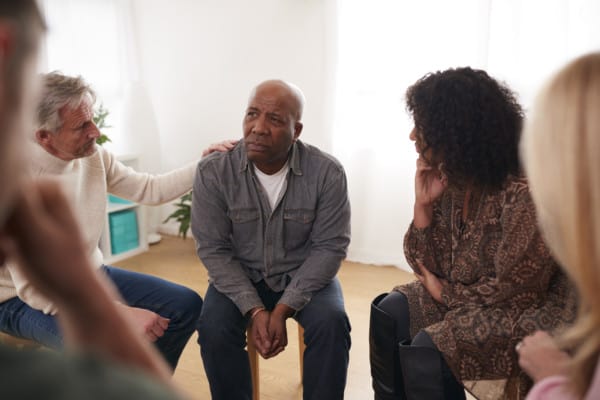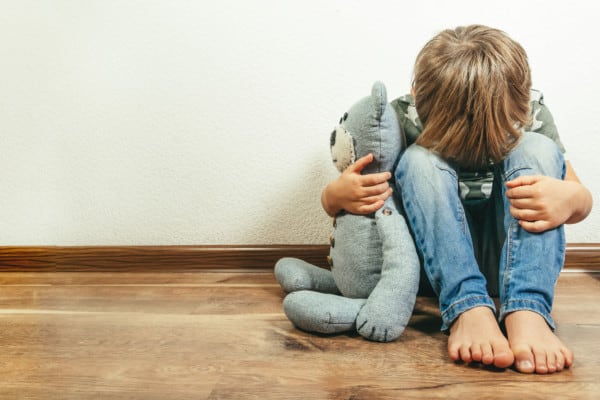Grief and Loss Counseling and Therapy Services in Boca Raton, Florida
When the loss of a loved one becomes too overwhelming, the help of our grief and loss expert can make all the difference

Adults and children experience grief and loss in very different ways.

Our Boca Raton grief and loss expert uses a variety of therapeutic techniques to help you and your child overcome the shock of losing a loved one
Adult Grief
Loss, for adults, can bring on a host of emotions and thoughts such as sadness, anger, confusion, guilt, anxiety, and many others that make it difficult to cope.

Often times, adults will feel disorganized, fatigued, have trouble concentrating, and may even experience sleep and appetite disturbances. Adults may even experience a phenomenon called anticipatory grief, where they begin to mourn the loss of a loved one with a terminal illness, for example. This can make it difficult for the person to remain in the present while simultaneously holding on to, letting go of, and drawing closer to the dying relative. Grief counseling can help individuals move through the stages of grief and think creatively about how to handle these challenges.

Grief in Children
Children experience grief and loss in a very different way from adults.

Unlike adults who typically emote how this type of trauma has effected them, children may be sad one minute, and then seem completely fine the next. They experience what is called complex grieving. Children tend to move through stages of grief in a more haphazard way than adults and typically remain stuck in certain phases. PTSD is also common in children experiencing loss with symptoms such as avoidance of reminders of the deceased, emotional numbness, nightmares, irritability, and hopelessness. These children can become depressed if symptoms are not noted early. Grief counseling can help your child become “unstuck” and overcome the trauma of loss.

Our Boca Raton grief and loss expert uses a variety of therapeutic techniques to help you and your child overcome the shock of losing a loved one. Therapies used include, but are not limited to:
- TF-CBT (trauma-focused cognitive behavioral therapy)
- Cognitive Behavioral Therapy
- Cognitive Processing Therapy
- Play Therapy







